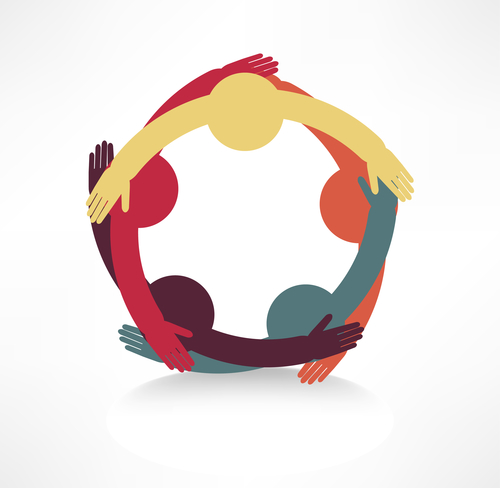Autism and Emotional Intelligence Growth to Build Strong Mental Resilience
Having Autism is tough as it is already because you may come across many people who do not understand or care about you. You may often be made fun of because of the way you look, walk or anything you do or say. It’s a continuous battle that I deal with every day and unfortunately there exists people who will talk and make fun of you no matter what. Know that you are not alone. I have 2 simple idea on how to enhance your emotional intelligence (or Emotional Quotient, EQ) to counteract this negative feedback and restore your mind with positive thoughts.
As has previously been discussed on Aspergers101, emotional intelligence is a crucial skill to learn and practice that can greatly benefit you in many areas of your life. But how exactly do we get there? The steps below should help guide you towards building your emotional intelligence and self-awareness.
How can we enhance our emotional intelligence (EQ)?
-
Listen to your body:
A gut feeling you have about a particular situation such as quitting your job is a sign that something is not right either about the situation, or something is not right about quitting your job. If your body gives you an alert signal about a certain situation, pay heed because it may save you from a dangerous outcome. Listening to these signals and the root feelings of the sensations in your body will process your power of reason.
-
Always ask yourself, how do you feel?:
From a score of 0-10, with 10 being the best and most positive and 0 being the lowest and least confident, write it down in a journal to record how you feel each day overall. If you’re having a bad day, examine how or what caused you to feel this. Explore what transpired that day that made you feel down and how it connects with your overall feelings.
-
Write down your feelings and thoughts:
Maverick Crawford was selected out of 1500 students as the Most Outstanding Undergraduate Student in the College of Public Policy at UTSA. He graduated from UTSA as Cum Laude with a Bachelor of Arts degree in Criminal Justice, Bachelor of Public Administration and a Minor in Civic Engagement. Maverick has been diagnosed with Asperger Syndrome and is one of our most popular bloggers as he shares his experiences with our Aspergers101 audience.





